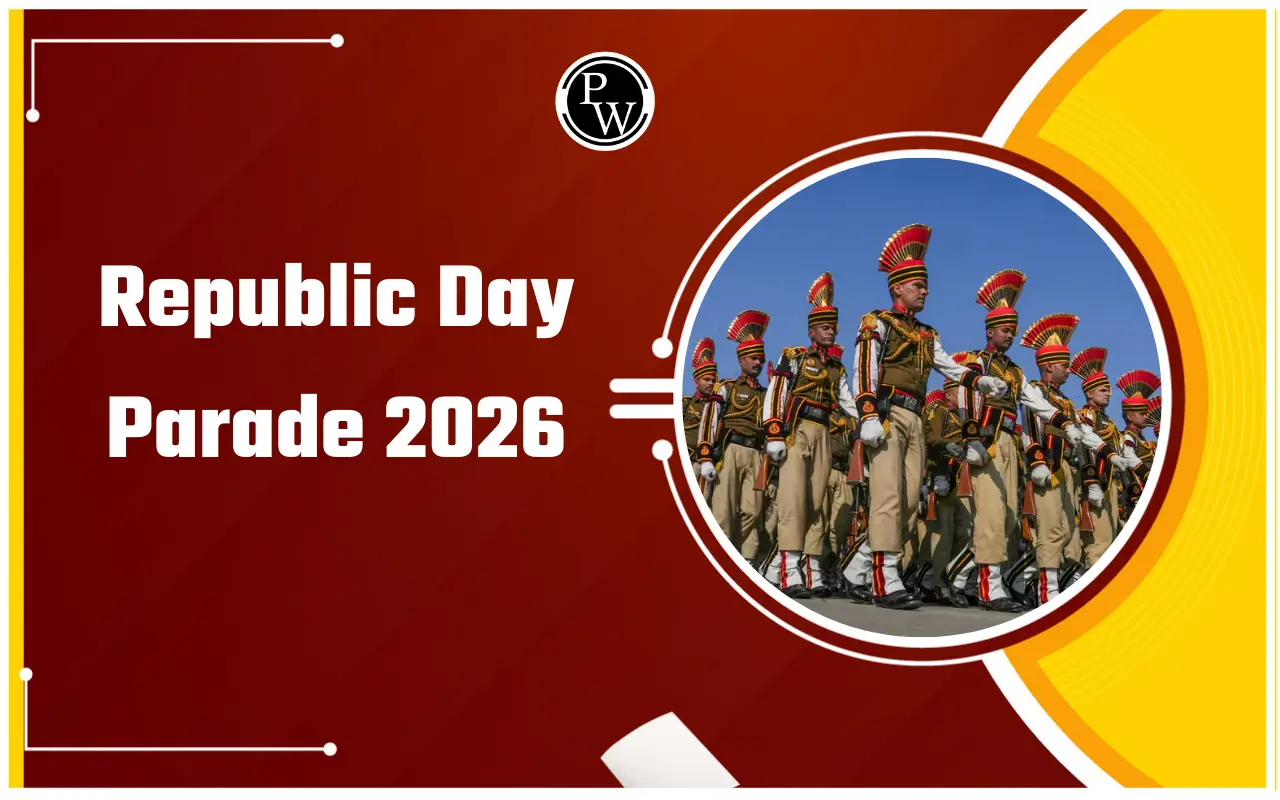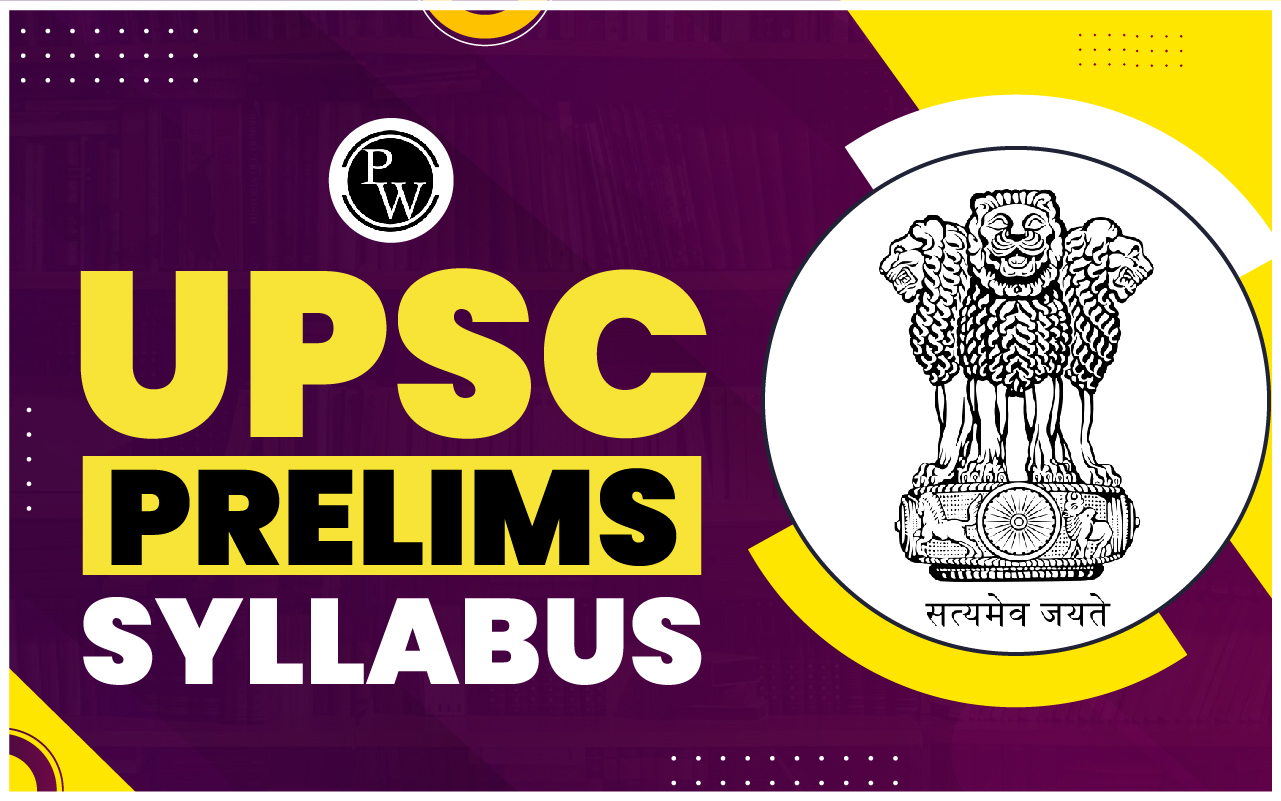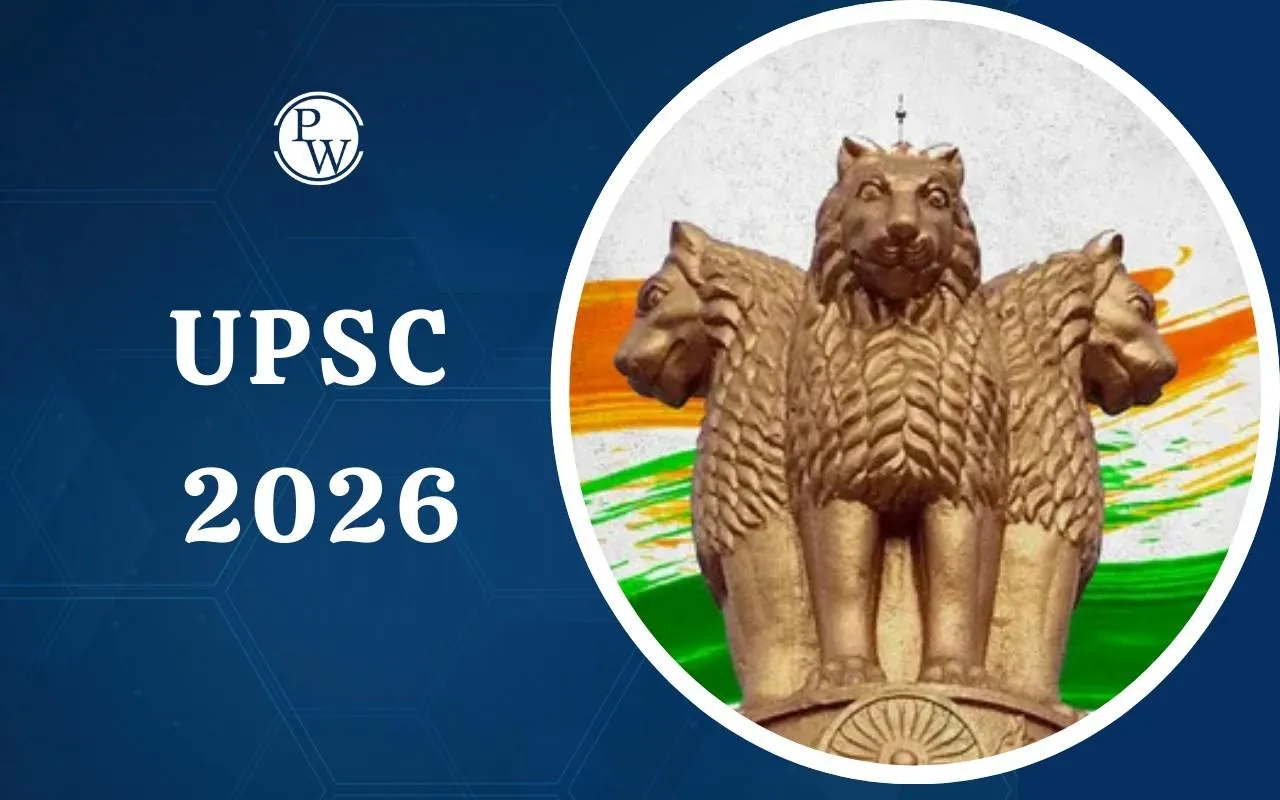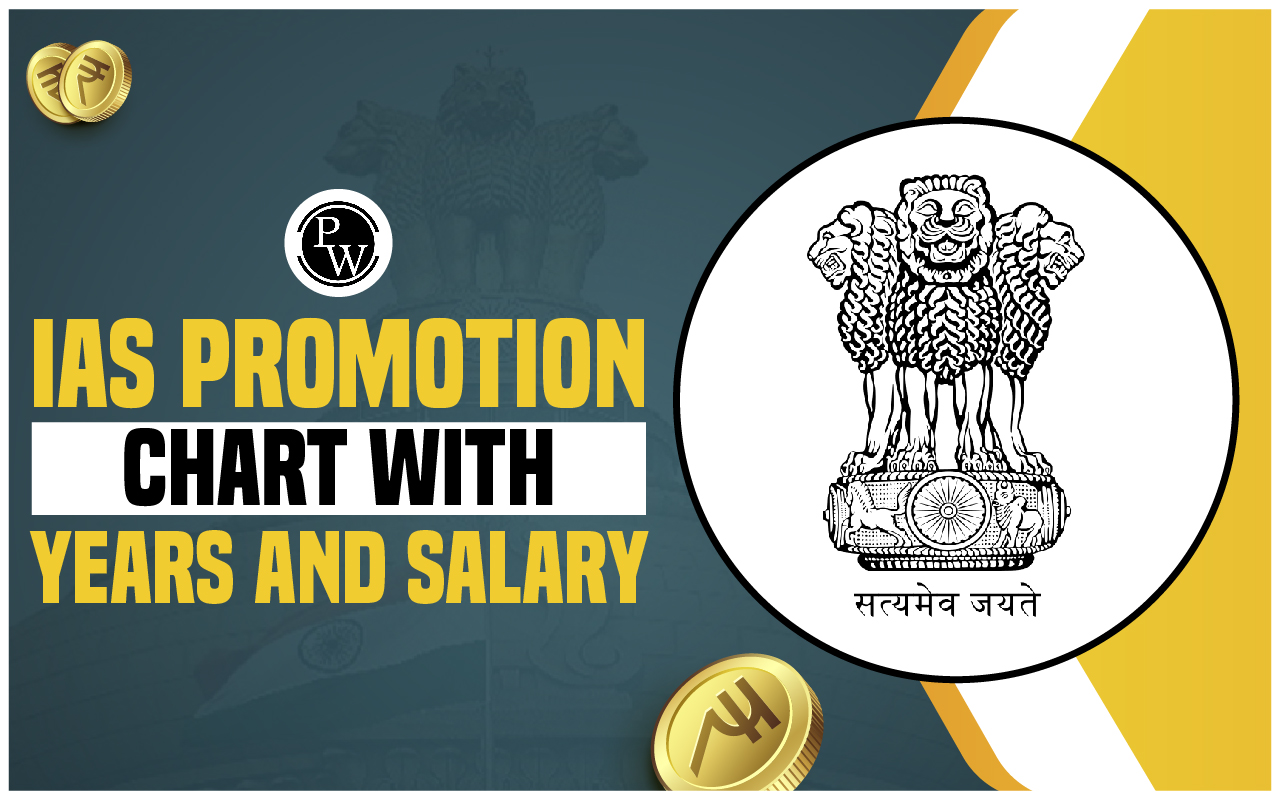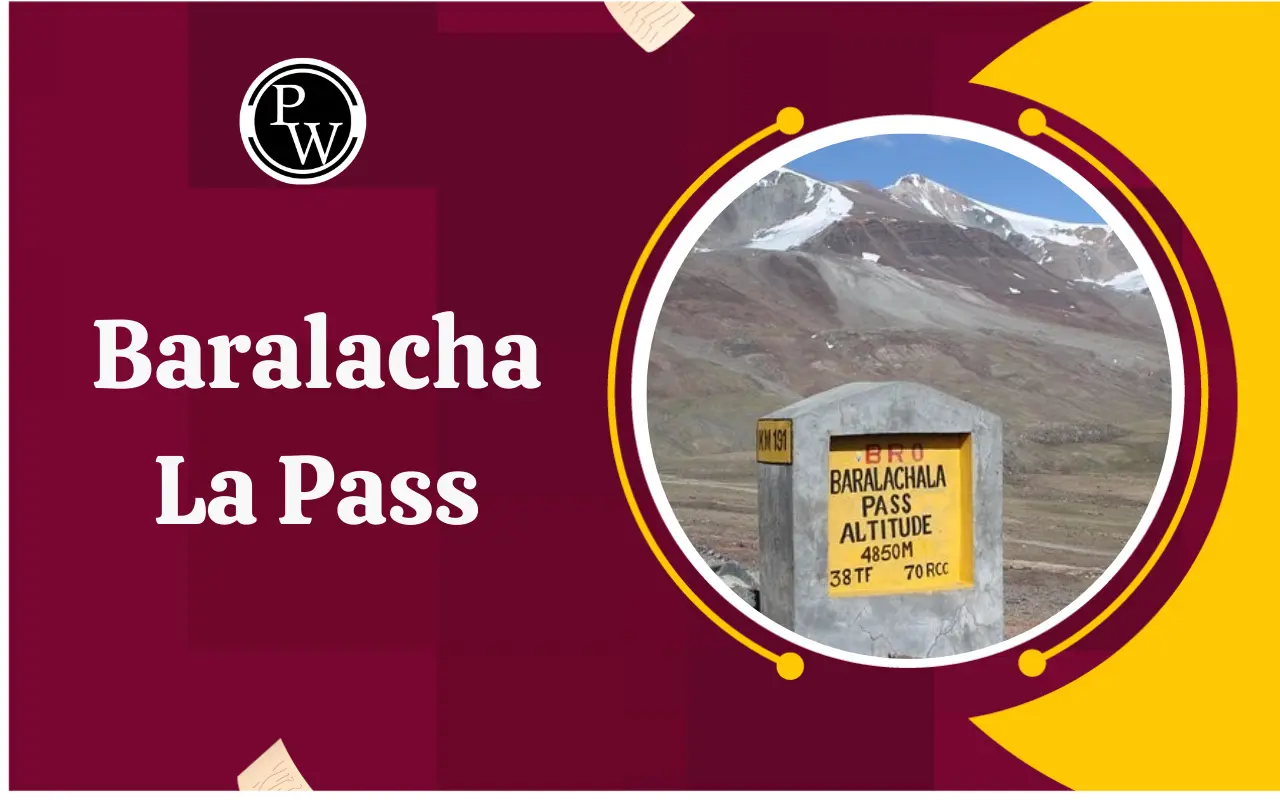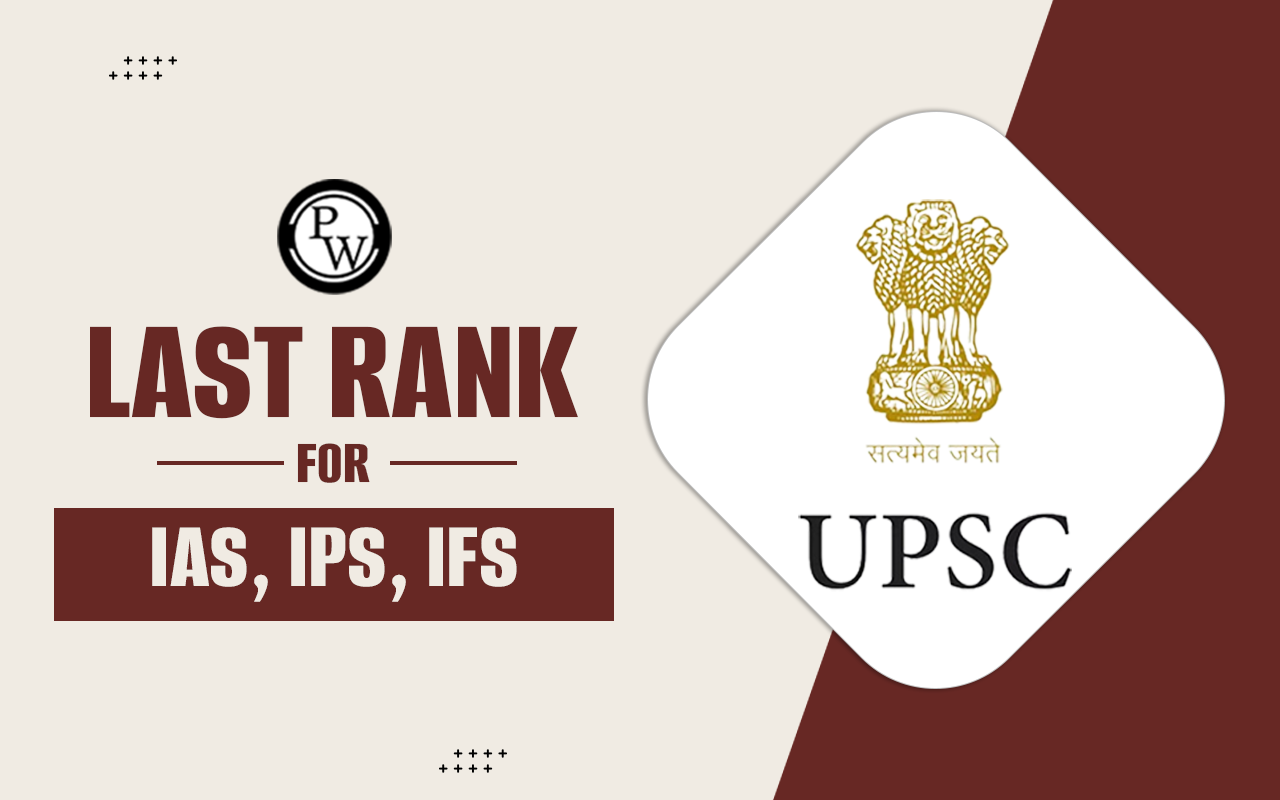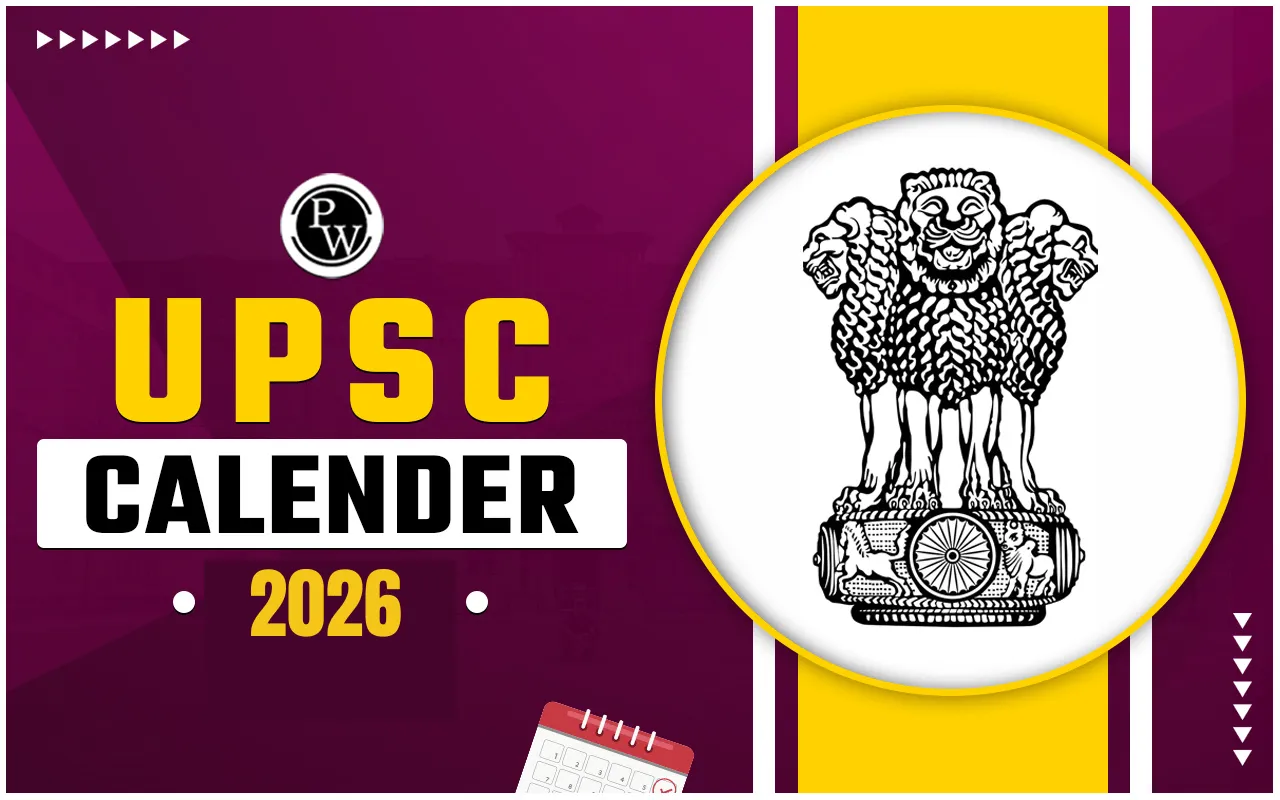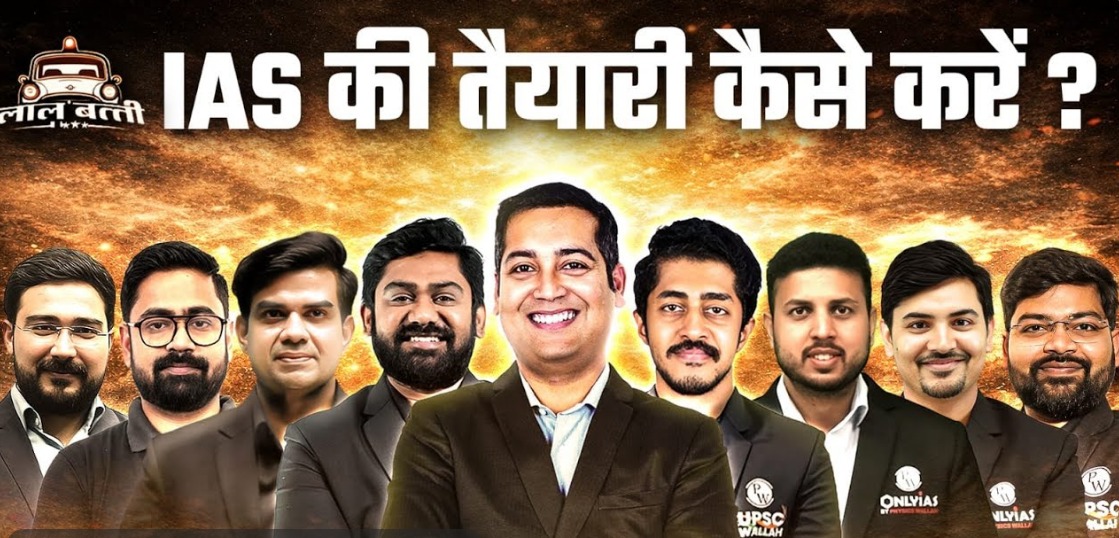
UPSC Bodo Literature Optional Syllabus 2025: Bodo Literature is one of the 48 optional subjects in the UPSC Civil Services exam. With its unique cultural nuances and diverse literary traditions, Bodo literature offers candidates a chance to explore the rich heritage of Bodo culture and language. UPSC Bodo Literature Optional Syllabus 2025 is divided into Paper I and Paper II, emphasizing both classical texts and contemporary writings, enabling candidates to appreciate the evolution of Bodo literature through various genres and periods. Read on for more!
UPSC Bodo Literature Optional Syllabus 2025
The UPSC Bodo Literature syllabus for the IAS Mains 2025 covers a wide range of topics encompassing both classical and contemporary works of Bodo literature. It comprises two papers - Paper I and Paper II, each carrying 250 marks, making a total of 500 marks out of 1750 marks. Understanding the UPSC Bodo Literature optional syllabus is crucial for candidates planning to appear for the exam.Candidate can check UPSC Syllabus 2025 Here!
UPSC Bodo Literature Optional Paper I Syllabus 2025
Paper I of UPSC Bodo Literature optional covers various aspects of Bodo literature, including its historical evolution, linguistic aspects, literary criticism, and the development of literary forms. The syllabus for Paper I is as follows:| Section A - History of Bodo Language | Section B - History of Bodo Literature |
|
|
Candidate can check UPSC Mains Syllabus 2025 Here!
UPSC Bodo Literature Optional Paper I Syllabus 2025
Paper II of UPSC Bodo Literature Optional focuses on the critical analysis of prescribed texts, requiring candidates to engage in in-depth reading and interpretation. The syllabus for Paper II includes the following texts:| Section A | Section B |
|
|
UPSC Bodo Literature Optional Exam Pattern
The UPSC Bodo Literature Optional Paper Pattern is similar to other optional subjects. It consists of two papers, Paper 1 and Paper 2, each worth 250 marks. Each paper has two sections, totalling eight questions. Candidates need to answer any five questions, with Question 1 and Question 5 being mandatory. Out of the remaining six questions, at least one must be attempted from each section. It's essential to write answers only in the Bodo language.| Particular | Details |
| Mains Paper | Paper VI and Paper VII |
| Subjects | Paper-I and Paper-II |
| Total Marks | 500 (250 Each) |
| Time allowed | 3 Hours for each paper |
| Sections | Section A and Section B |
| Questions | Total 8 questions with subparts |
| Compulsory Question | Question No. 1 and 5 |
| Marks Distribution | 10, 15, and 20 marker questions |
How to Prepare for UPSC Bodo Literature Optional?
With a clear understanding of the syllabus, focused preparation, and thorough reading of the prescribed texts, candidates can excel in the UPSC Bodo Literature optional subject. Here are some effective strategies:- Understand the Syllabus: Carefully go through the syllabus for both Paper I and Paper II. Know what topics and texts you need to cover and plan your study accordingly.
- Read Widely: Read a variety of Bodo literary works, including classical, modern, and contemporary pieces. Pay attention to themes, characters, writing styles, and the cultural background.
- Analyze and Interpret: Practice looking closely at the texts. Notice how language and literary devices are used and think about the deeper meanings. Work on expressing your thoughts clearly in writing.
- Prefer Original Texts: Reading original works helps you develop your own writing style and appreciate the language better.
- Stick to the Question: Always answer what the question asks. Avoid going off-topic and focus on the specific parts of Bodo literature mentioned.
- Use Comparisons: Compare Bodo literature with works from other languages like English, Greek, Assamese, or Tamil to make your answers more interesting.
- Practice Writing: Write essays and answer questions regularly. Organize your ideas well, back them up with examples, and explain your points clearly.
- Revise and Take Mock Tests: Keep reviewing your notes and texts. Practice with mock exams to get used to the timing and improve your writing speed.
UPSC Bodo Literature Optional Books
Candidates preparing for UPSC Bodo Literature Optional can refer to a variety of books to enhance their understanding of Bodo literature. Here are some recommended Bodo Literature Optional Books:| Paper 1 Book List | University Syllabus of Bodo Literature from North Assam Universities |
| Bodo Sahityar Itihas" by Tilak Basumatary | |
| State Textbooks of Assam | |
| “A History of Bodo Literature" by Anil Boro | |
| Paper 2 Book List (Section A) | Khonthai-Methai (Edited by Madaram Brahma & Rupnath Brahma) |
| Hathorkhi-Hala (Edited by Pramod Chandra Brahma) | |
| Boroni Gudi Sibsa Arw Aroz: Madaram Brahma | |
| Raja Nilambar: Dwarendra Nath Basumatary | |
| Bibar (prose section) (Edited By Satish Chandra Basumatary) | |
| Read Other literary text given in the Syllabus |
UPSC Bodo Literature Syllabus FAQs
Can I write the UPSC Bodo Literature optional exam in English?
No, answers must be written exclusively in the Bodo language as per UPSC guidelines.
Are there English translations available for Bodo literary texts?
Yes, some Bodo literary texts have been translated into English, but candidates are encouraged to read the original Bodo texts for better understanding.
How can I improve my language proficiency in Bodo?
Practice reading, writing, and speaking in Bodo regularly. Engage with native speakers, watch Bodo language films or documentaries, and use language learning apps or resources.
Is Bodo Literature optional a good option for UPSC IAS Mains?
Yes, Bodo can be a good optional subject for the UPSC exam, especially for candidates with a strong command or extensive study in the language. It offers an opportunity to showcase expertise in Bodo literature and language.
Are Bodo Paper 1 and Bodo Compulsory Papers the same?
No, they're not. Bodo Paper 1 is the optional subject paper where candidates choose Bodo literature. Bodo Compulsory Papers include the language papers that are mandatory for all candidates, covering the Bodo language along with English and other Indian languages.
Talk to a counsellorHave doubts? Our support team will be happy to assist you!

Check out these Related Articles
Free Learning Resources
PW Books
Notes (Class 10-12)
PW Study Materials
Notes (Class 6-9)
Ncert Solutions
Govt Exams
Class 6th to 12th Online Courses
Govt Job Exams Courses
UPSC Coaching
Defence Exam Coaching
Gate Exam Coaching
Other Exams
Know about Physics Wallah
Physics Wallah is an Indian edtech platform that provides accessible & comprehensive learning experiences to students from Class 6th to postgraduate level. We also provide extensive NCERT solutions, sample paper, NEET, JEE Mains, BITSAT previous year papers & more such resources to students. Physics Wallah also caters to over 3.5 million registered students and over 78 lakh+ Youtube subscribers with 4.8 rating on its app.
We Stand Out because
We provide students with intensive courses with India’s qualified & experienced faculties & mentors. PW strives to make the learning experience comprehensive and accessible for students of all sections of society. We believe in empowering every single student who couldn't dream of a good career in engineering and medical field earlier.
Our Key Focus Areas
Physics Wallah's main focus is to make the learning experience as economical as possible for all students. With our affordable courses like Lakshya, Udaan and Arjuna and many others, we have been able to provide a platform for lakhs of aspirants. From providing Chemistry, Maths, Physics formula to giving e-books of eminent authors like RD Sharma, RS Aggarwal and Lakhmir Singh, PW focuses on every single student's need for preparation.
What Makes Us Different
Physics Wallah strives to develop a comprehensive pedagogical structure for students, where they get a state-of-the-art learning experience with study material and resources. Apart from catering students preparing for JEE Mains and NEET, PW also provides study material for each state board like Uttar Pradesh, Bihar, and others
Copyright © 2026 Physicswallah Limited All rights reserved.
